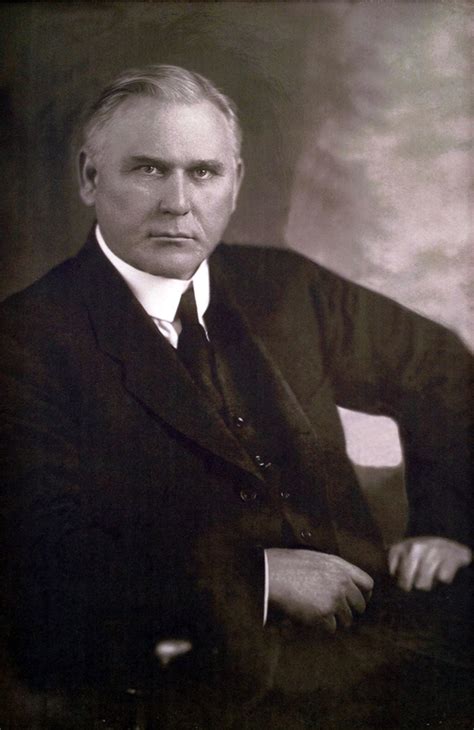A Quote by Robert P. George
Jesus said that when confronted with Caesar's coin, to render unto Caesar that which is Caesar's but unto God what is God's.
Related Quotes
That utterance of Jesus, "Render therefore unto Caesar the things which are Caesar's, and unto God the things that are God's," is one of the most revolutionary and history-making utterances that ever fell from those lips divine. That utterance, once and for all, marked the divorcement of church and state. It marked a new era for the creeds and deeds of men.
Max Weber was right in subscribing to the view that one need not be Caesar in order to understand Caesar. But there is a temptation for us theoretical sociologists to act sometimes as though it is not necessary even to study Caesar in order to understand him. Yet we know that the interplay of theory and research makes both for understanding of the specific case and expansion of the general rule.

































